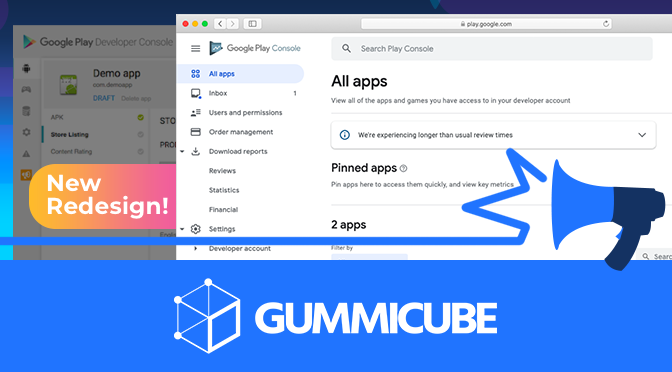
App Store Holiday Schedule 2020
Posted on November 23rd, 2020
When is the App Store Holiday Schedule 2020? Learn about the dates of this year's shutdown and how to prepare.

Apple has been updating its App Store Guidelines to add a greater focus on privacy and security, including restrictions on SDKs and new rules for how much apps can access. As part of those updates, app developers will need to enter the privacy information for their apps in App Store Connect. Starting in December, apps without that information will not be approved.
Over the past few years, Apple has been reinforcing its policies in regard to protecting user privacy. This includes upcoming changes to its IDFA policy, restricting VoIP apps and removing apps that use Session Replay technology.
The latest will involve informing users about the specifics of the privacy policy for each app. A recent announcement from Apple states that App Store listings will let users “learn about some of the data types the app may collect, and whether that data is linked to them or used to track them.” This is included in a separate section from the description, although Apple did not specify if it will be going in the Privacy Policy field or a new section.
In order to enable this, developers must enter their privacy information in App Store Connect. This information can be added when a new version of an app is submitted. While previously the app just needed a link to the privacy policy, this will require more information regarding data collection and user tracking so that users can look at the app page and see it immediately.
Starting December 8th, this information will be required for any new apps or updates.
While this is not a major update for the apps themselves, this is still an essential update to what is required in App Store Connect. Developers will want to make sure they add the required information when they launch their next updates. Failure to do so after the December deadline will result in the update or app being rejected.
If an app launch or update is rejected, it can set back an app and its optimization. Timely updates are important for keyword indexation, launching seasonal updates and adding new creatives.
A delayed launch can take up time and delay the app from gaining keyword rankings and downloads the update would have otherwise helped it obtain. The timing here is especially important, since Apple typically stops reviewing new releases for launch near the end of December. If the app or update is rejected too close to the yearly shutdown, it may not get approved until next year.
App developers should always ensure their apps follow Apple’s App Store Guidelines, especially regarding data collection and tracking. This information will be presented to users on the App Store listing, so if an app appears to be gathering information not relevant to its functions or tracking user activity, it could turn users away.
If an app has a privacy policy that clearly protects user information and an optimized App Store listing, it will have a better chance of reaching users and gaining installs.
Want to learn more about App Store Optimization? Contact Gummicube and we’ll help get your strategy started.

When is the App Store Holiday Schedule 2020? Learn about the dates of this year's shutdown and how to prepare.

The Google Play Developer Console has been updated with a new design and adjusted tools. What's different, and how will it impact App Store Optimization?

Google Play apps are taking extra time to get approved, sometimes as much as months. How can this impact App Store Optimization, and what can developers do?